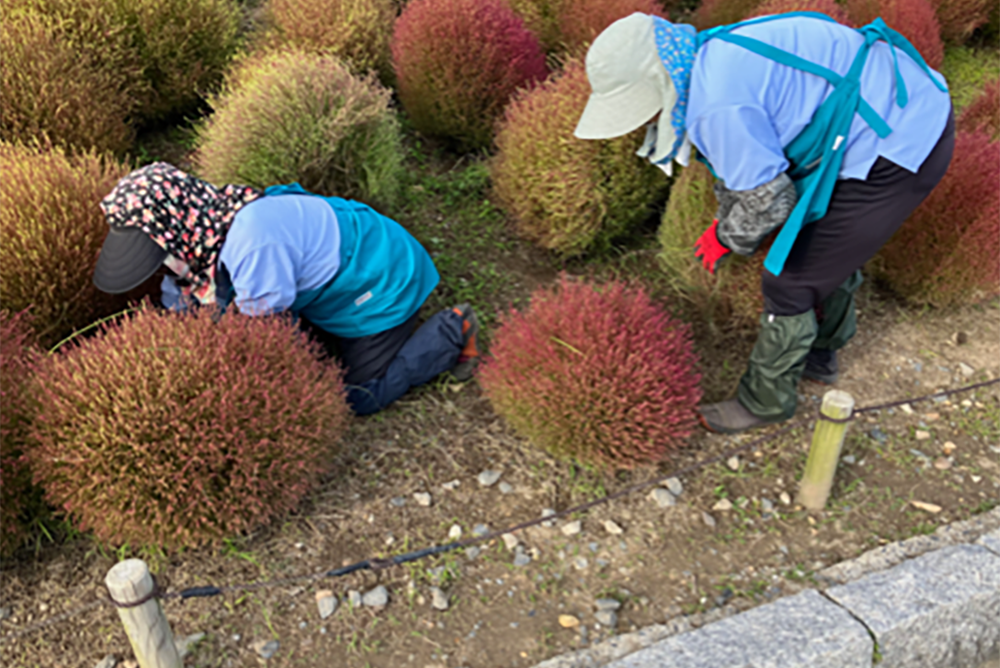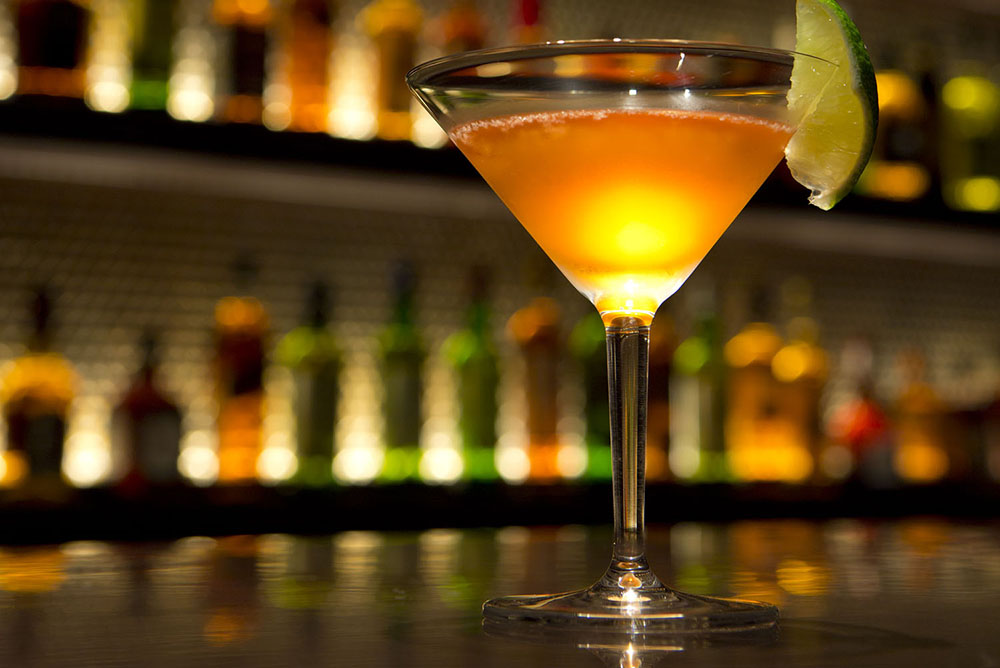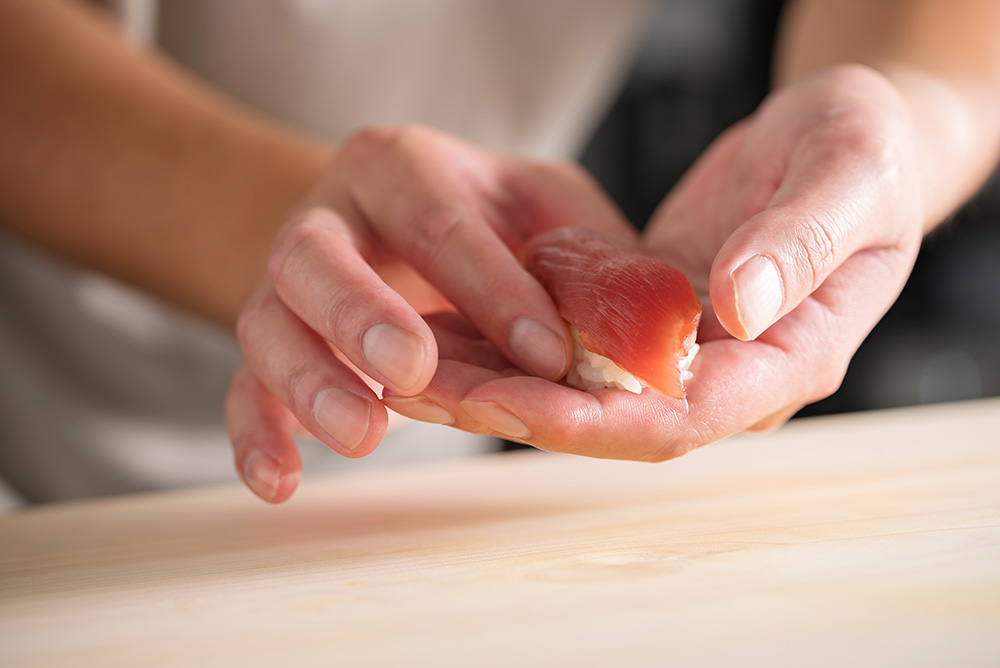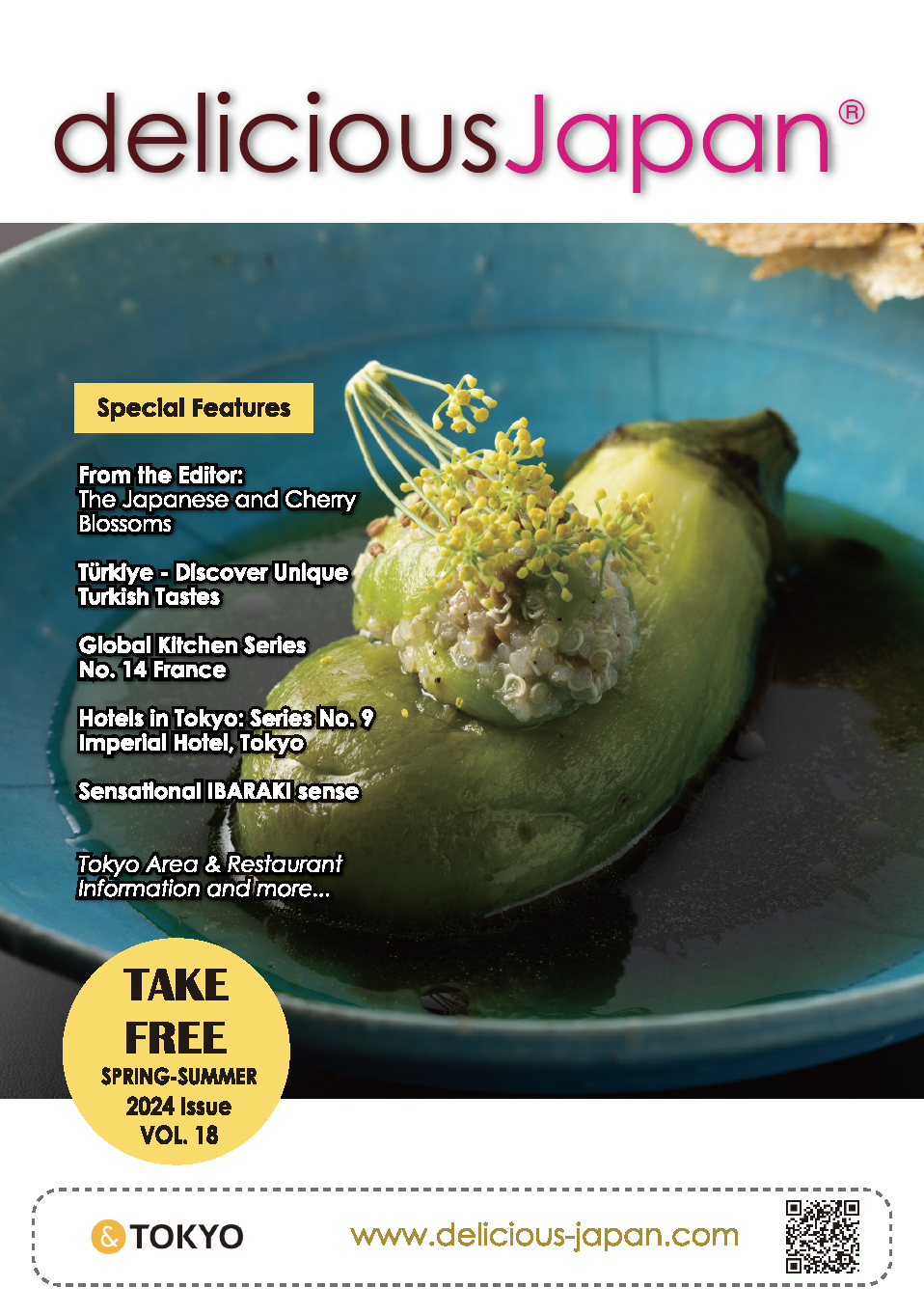CHEF Q&A: JAUME ESPERALBA, Executive Chef, Ana InterContinental Tokyo
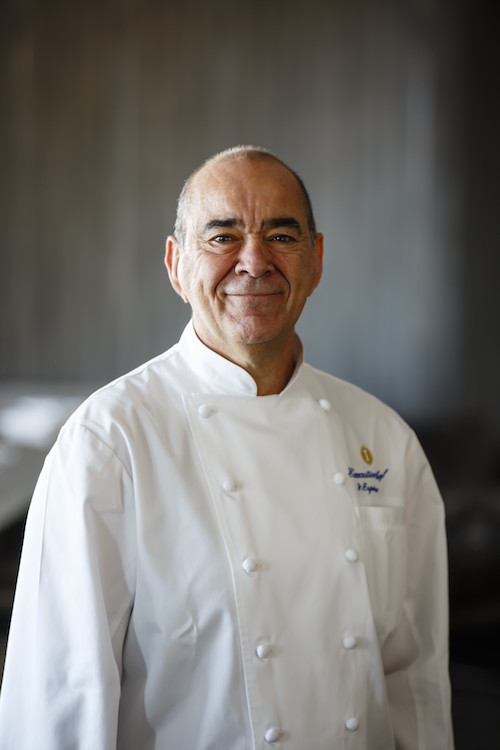 Interview with JAUME ESPERALBA, Executive Chef, Ana InterContinental Tokyo
Interview with JAUME ESPERALBA, Executive Chef, Ana InterContinental Tokyo
Please briefly introduce yourself.
My name is Jaume Esperalba and I’m from Barcelona. I have always been interested in food and cooking since I was a young man. My grandmother introduced me to cook at home and slowly, I began thinking about the possibility to become a chef. At the time, becoming a chef wasn’t a fashionable carrier like it is now, but my family saw my passion. They supported me and sent me to culinary school for 3 years. I first started working at one of the very few Michelin starred restaurants in Spain and later moved to Dominican Republic where I had exposure to greater varieties of food and cooking styles. Before I came to Japan, I worked in the Maldives and Thailand. This all happened in 33 years.
Did you find many differences working in Tokyo and overseas?
I find the differences in a positive way. For example, Japan is a country with rich culture that can provide you with high level of food from the ingredients. There are high-profile customers with deep knowledge about food. Also, the learning attitude is different. Our team members have high skills with passion for their work and they are eager to learn and do their jobs as best as they can.
We've been doing this for a long time, and I don't think there will be a difference. In terms of offerings at the Shangri-La Hotel, Tokyo, we have many options in the menu, and I personally would like to have more vegan menus, but it won’t be possible soon because Japanese people still prefer meat and fish.
You serve as an executive chef here. What is your major role?
dishes for comments and suggestions. We always have feedbacks, conversations, and discussions on how we can do things better and how we can adapt ourselves to the market. At the same time, I also try to respect the chefs’ preferences. Every chef has their own preference and I respect that.
In 2020 we will have Tokyo Olympics and Paralympics. How are you going to prepare for diversified needs of cuisines?
We have a large team with solid experiences. With knowledge and experience from our members who are Japanese, Westerners, and Indians, we are able to manage all the guests’ dietary requirements. In
terms of food, Japan is a country that can provide any food you ask for.

